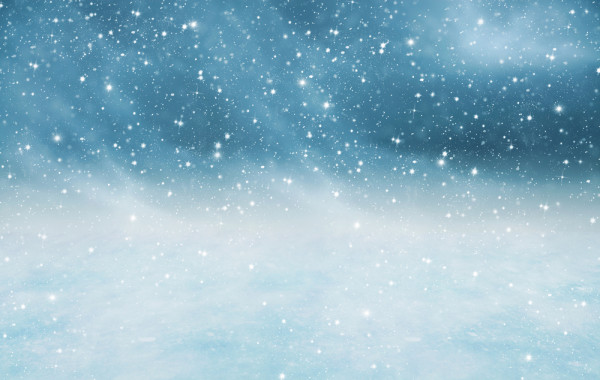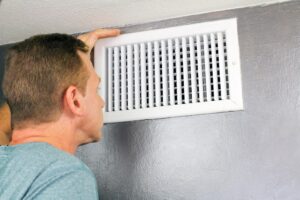With our chilly Bath, Pennsylvania, weather, knowing how snow and ice can affect your outdoor HVAC unit helps you prevent damage and keeps the system running at peak efficiency. While snow and ice during winter is normal, too much can block fans, pipes, or compressors. Snow and ice could even shut your heater down and leave you in the cold. Learn how snow and ice can affect different HVAC systems and what you can do to keep them in good condition.
Snow and Ice Blockage
The outdoor portion of a heat pump has a compressor and a fan that blows air across a coil. As it removes moisture from the air, condensation forms on the coil and can eventually freeze in winter, reducing air flow and heat transfer. A heat pump draws air from all four sides of its outdoor unit, so you should keep it clear of snow and ice. Heat pumps can run a defrost cycle when needed to remove smaller amounts, but too much snow and ice can increase utility bills and shorten the life of your heat pump.
Melting Snow
Furnaces and boilers have valves and controls that are vulnerable to water damage from melting snow. Even if the outside looks dry, corrosion could occur inside leading to malfunctions or even a fire. You should also protect exhaust and intake pipes from snow accumulation and melting snow. Otherwise, water could seep in and refreeze, causing a shutdown.
Ice Buildup
Don’t try to scrape, pry, or chisel ice from your outdoor unit since you could cause severe damage. Contact a professional if you can’t remove snow and ice easily with a broom or shovel. If your unit is underneath an overhang or gutter, check it more often to make sure ice hasn’t built up inside it from exposure to more melting snow.
Sullivan Oil & Propane has over 20 years of experience. We provide heating oil and propane to thousands of businesses and homes, maintain your heating and cooling systems, and install new HVAC systems. Call us anytime at (610) 810-3992.
Image provided by Shutterstock



